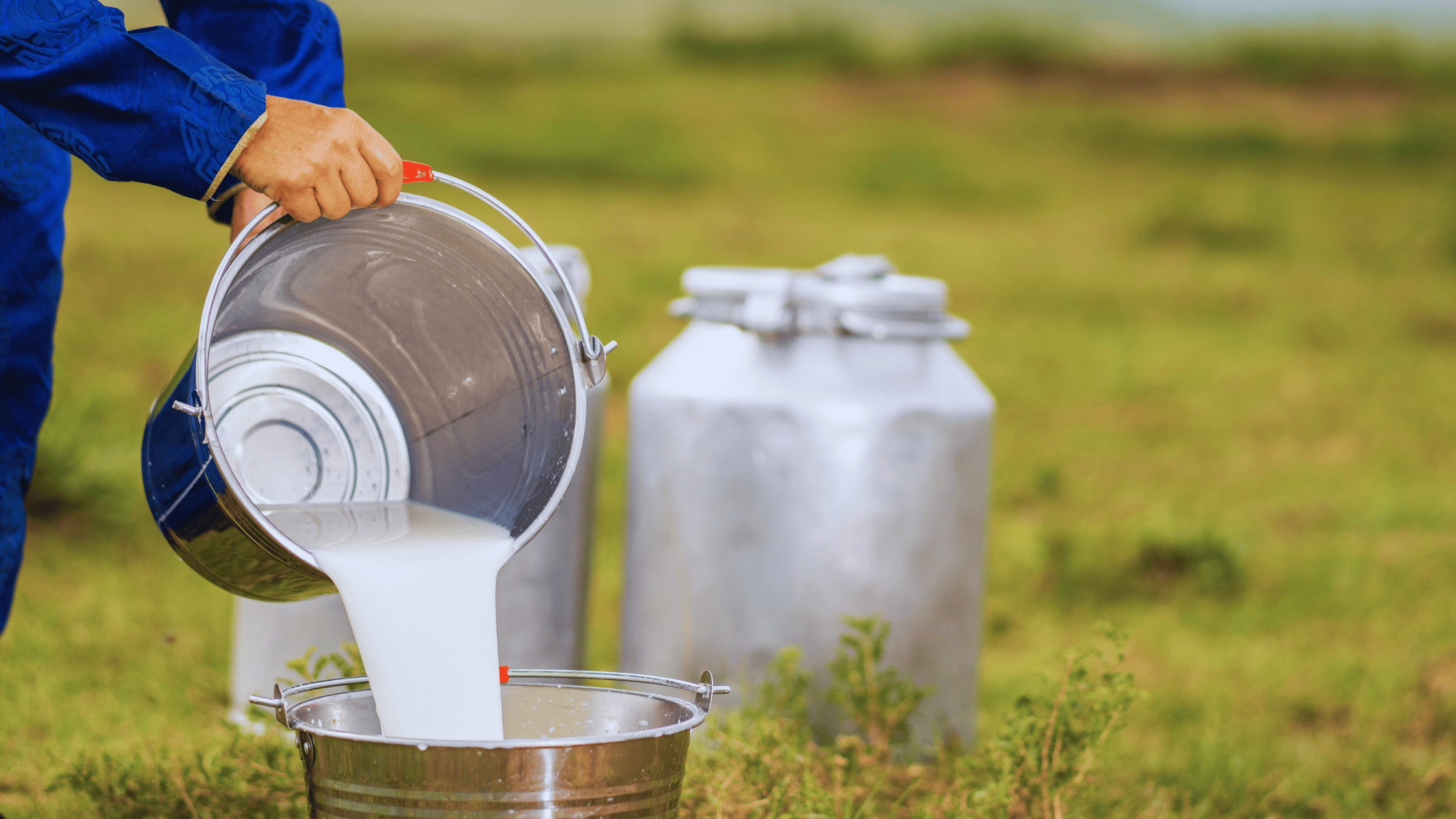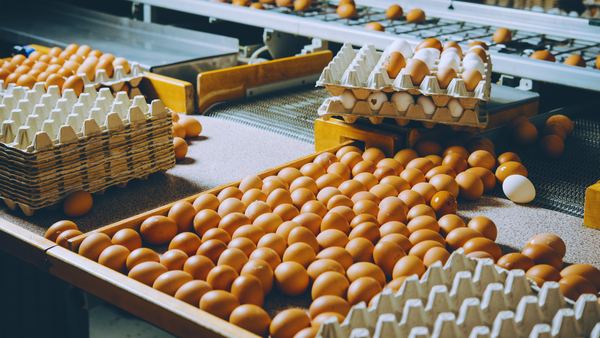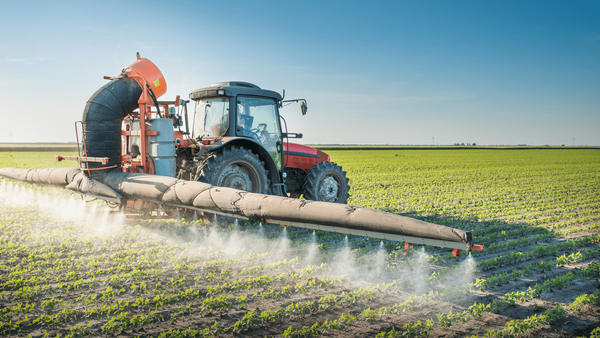Raw Milk Revolution Reaches Delaware
Delaware becomes the 34th state to legalize raw milk sales, delivering a blow to industrial dairy control while creating vital economic opportunities for small farms.

The battle for food sovereignty takes a major step forward as Delaware becomes the 34th state to legalize raw milk sales, creating new opportunities for small farms while Big Dairy continues to resist consumer choice. Delaware has just joined the raw milk revolution, passing legislation that will establish a regulated permit program for direct farm-to-consumer sales by mid-2025. This makes Delaware the 34th state to recognize some form of raw milk access—a powerful testament to the growing demand for ancestral foods that haven't been industrially processed to death.
What You'll Learn
- How Delaware's raw milk legalization helps struggling small dairy farms
- Why the new legislation balances safety measures with consumer freedom
- How direct farm-to-consumer sales generate significantly higher profit margins
- Why this represents a growing national food sovereignty movement despite industrial dairy opposition
Delaware's Bold Move Against Big Dairy
Delaware's Senate Bill 273 "Raw Milk Legalization" creates a framework that challenges the industrial dairy paradigm while implementing reasonable safety protocols. The bipartisan legislation, spearheaded by Republican Senator Eric Buckson and Democratic Representative Sean Matthews, is refreshingly honest about its dual purpose:
- Addressing overwhelming consumer demand (many Delaware residents were already crossing state lines to purchase raw milk in Pennsylvania)
- Creating a lifeline for the state's collapsing dairy industry, which has plummeted from 77 farms in 2014 to a mere 13 in 2024
This collapse isn't accidental—it's the direct result of industrial consolidation and commodity pricing that has crushed small-scale dairy farmers nationwide. Raw milk sales offer these farmers a game-changing opportunity, with potential profit margins up to 10 times higher than they can achieve selling to industrial processors.
The regenerative connection is clear: when farmers can sell directly to consumers at fair prices, they can afford to manage their herds in ways that prioritize animal welfare, soil health, and nutrient density instead of being trapped in the industrial dairy treadmill.





